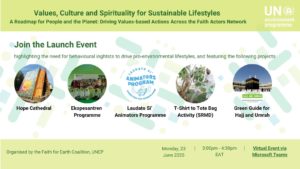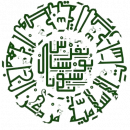Indonesia is one of our planet’s “megadiverse” countries, comprising an astonishing array of flora, fauna, and undomesticated beauty. The archipelago nation is home to 12 percent of the world’s mammals, 16 percent of its reptiles, and ecosystems ranging from mangroves to coral reefs to tropical rainforests. Orangutans, tigers, and elephants roam the wild spaces. But the country’s two largest exports—coal and palm oil—take a heavy environmental toll. Widespread deforestation and carbon emissions cause flooding, drought, wildfires, and climbing temperatures. As is the case with most climate shifts, those who rely on the land for survival are the first to be impacted.
But rather than resort to hand-wringing or numbing apathy, some of Indonesia’s foremost conservationists are hopeful.
They see Indonesia’s boarding schools, called pesantren, as locations of change, and the country’s youth as its best hope for ecological renewal. Through a new program that unites Islamic faith with science, leaders in the environmental movement are empowering students and teachers to restore the more-than-human world.
In June, the Center for Islamic Studies at Jakarta’s Universitas Nasional (UNAS) celebrated the launch of the Ekopesantren Program, which equips Indonesia’s youth to care for the earth through the lens of Islamic teaching. Pesantren boarding schools provide a religious education for Muslim youth. They’re also located in mainly rural areas—often situated at the edges of forests—making them a natural platform for integrating religious and environmental education. Supported by a grant from the John Templeton Foundation, the program will train teachers from boarding schools across Java and Sumatra. These instructors will teach students practical environmental care through the lens of Islam’s call to steward the earth.
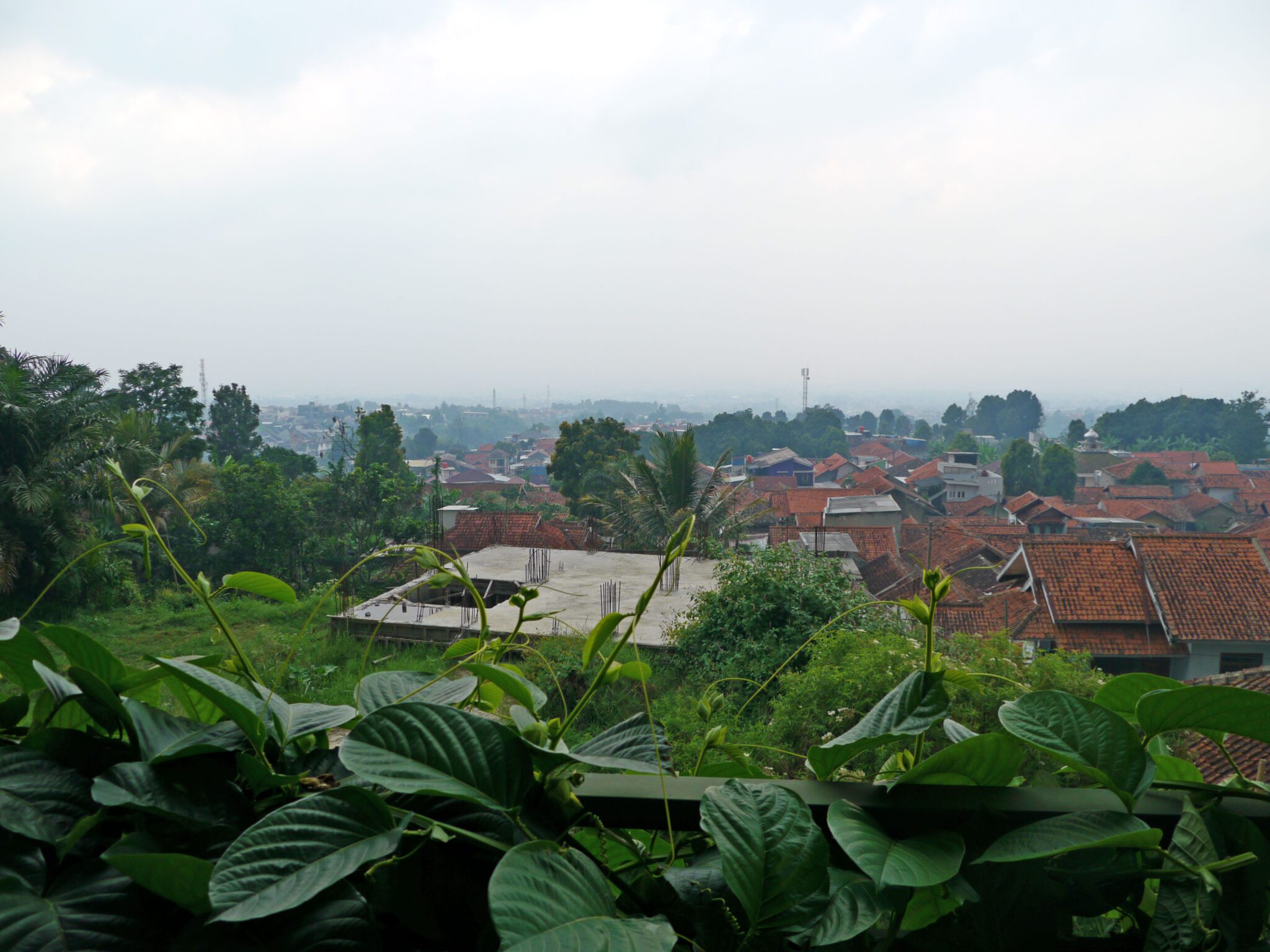 Photo by Rashid Dar
Photo by Rashid Dar
The Ekopesantren Model
Several hours outside of Jakarta in the city of Bandung, a pesantren called Daarut Tauhid serves as a model for what’s to come. This school already functions as an “ekopesantren,” incorporating environmental studies and sustainable practices into school life. The campus is set amidst lush tropical foliage and enveloped in birdsong. When Westerners imagine Muslim-majority countries, this kind of setting rarely comes to mind; the predominant images of Islamic nations tend more toward harsh desert landscapes than tropical rainforests. But Indonesia has the largest Muslim population of any country, with nearly 90 percent of the population identifying as Muslim.
When you step into one of Daarut Tauhid’s buildings, Indonesia’s typically-humid climate transforms. Thanks to environmentally-conscious architecture and bamboo construction, the interior is cool, fresh, and naturally ventilated and illuminated. Daarut Tauhid is not just architecturally sustainable; it also runs on a self-sustaining economic model. The school grows and harvests organic produce—25 kilograms worth of fresh food every day—to feed its hundreds of students and sell in local markets. In a greenhouse on campus, rows of bok choy flourish with water-conserving irrigation. Circular pools nearby contain a catfish farm where whiskered fish rise to inspect the surface. This self-funding model allows the school to retain control over its curriculum and to keep tuition affordable for every student.
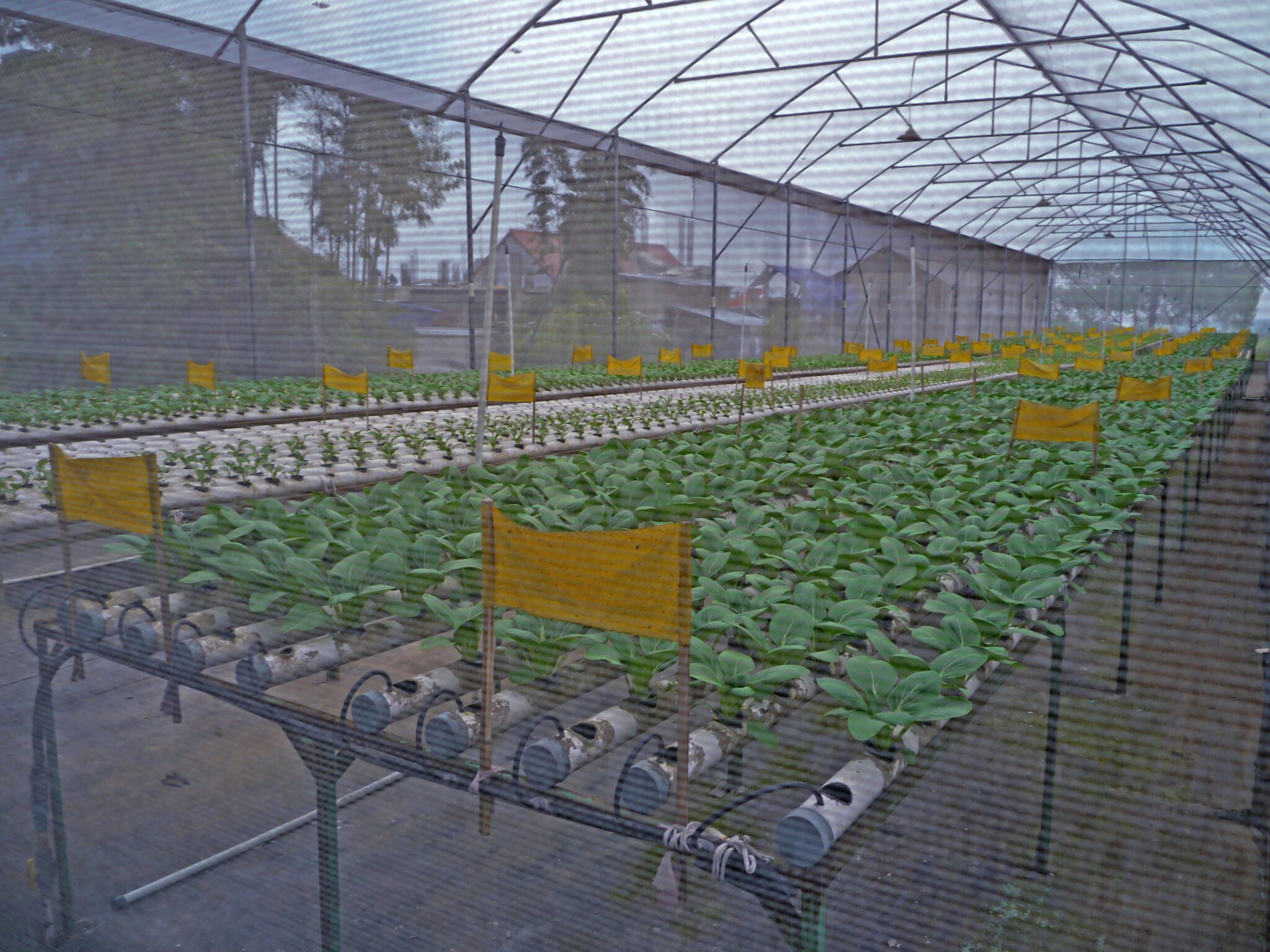 Photo by Rashid Dar
Photo by Rashid Dar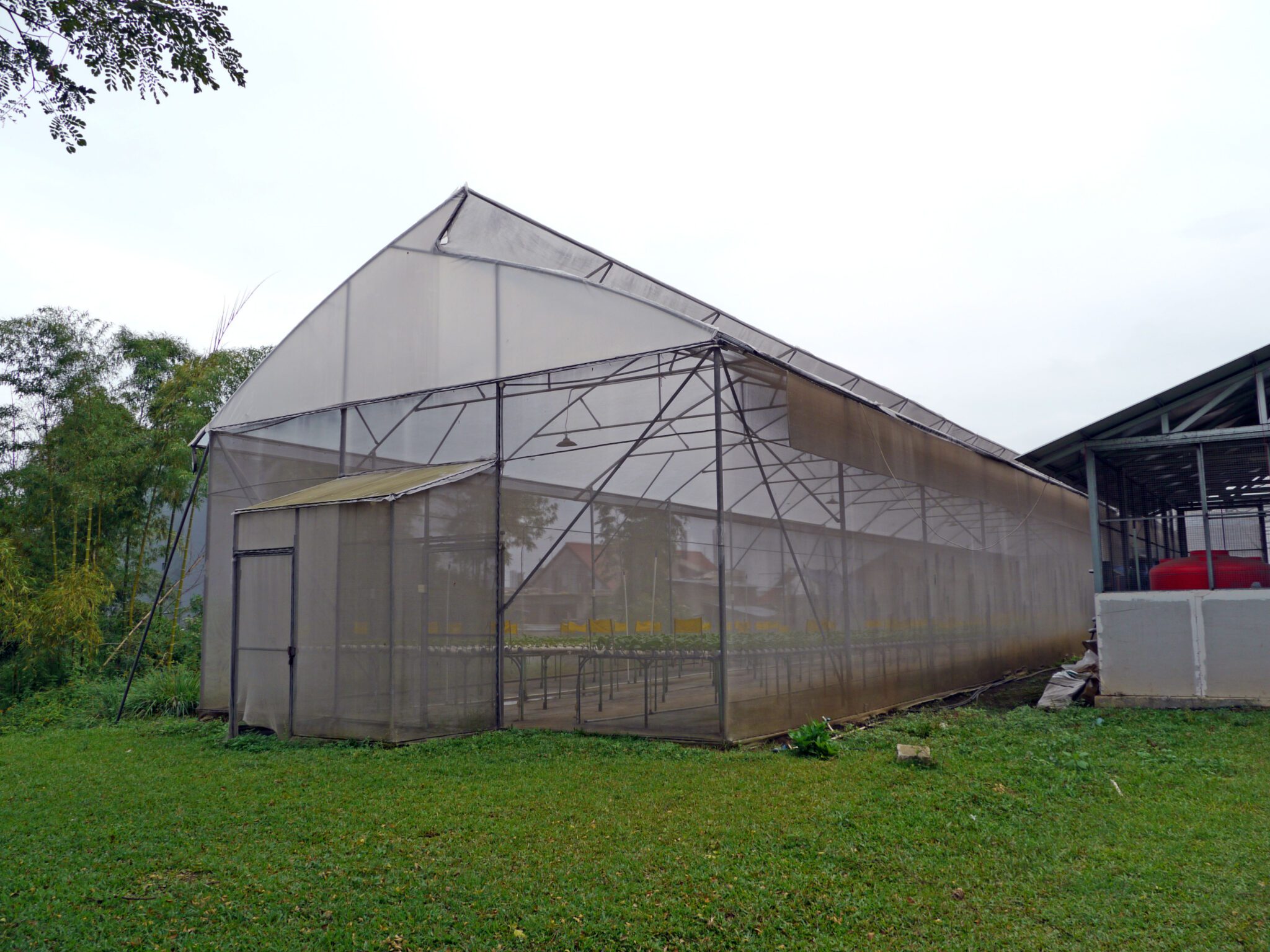 Photo by Rashid Dar
Photo by Rashid Dar
This school has grown into a model ekopesantren thanks to leadership and guidance from Dr. Fachruddin Mangunjaya. Mangunjaya is a leader—arguably the leader—of the Eco-Islam movement. One of the primary drafters of the 2015 Islamic Declaration on Global Climate Change, he is Indonesia’s foremost scholar-practitioner bridging Islam and conservation. He sees the country’s pesantren as a natural bridge between environmental science and Islamic teachings. By tapping into core tenets and teachings of Indonesia’s primary religion, he believes the Ekopesantren Program can play a key role in conserving the country’s ecological resources.
Mangunjaya is kind and warm, eliciting both admiration and affection from the diverse team he leads at Jakarta’s UNAS. Along with co-leader Dr. Dicky Sofjan, he oversees the newly-launched Ekopesantren Program. But working with pesantren is nothing new for Mangunjaya– he began introducing environmental curriculum to boarding schools in 2008. Under his guidance, schools like Daarut Tauhid started to practice reforestation, zero waste, and organic farming initiatives. In 2011, Mangunjaya designed a survey about the state of environmental awareness among Indonesian students. This research became his dissertation and eventually grew into the program that exists today. His vision is a holistic one: to empower the youth that will grow up to lead Indonesia’s public life while integrating Islam’s call to steward the earth into their already-religiously-infused education.
Centers of Learning and Practice
As the oldest educational institution in Indonesia, pesantren are influential and strategic sites of change. With five million students enrolled in 36,000 pesantren across the country, the schools are responsible for shaping the values and behaviors of much of Indonesia’s youth. Behavior changes within communities often stem from the schools’ influence. With 70 percent of pesantren located in rural areas, students and teachers already live with a heightened awareness of the natural world. Because the teaching and curriculum are already religiously-inspired, it’s important to Mangunjaya that the Ekopesantren Program integrate faith with scientific education—showing students that the two are not just compatible, but mutually enriching.
“What excites me is that this is a project that takes findings from scientific investigation and puts these ideas in an Islamic idiom [for] a receptive audience—the pesantren students—who will then go out and embody these teachings,” says Rashid Dar, a program officer who oversees the Templeton Foundation’s Islam-related grant portfolio. He traveled to Jakarta in June to attend the Ekopesantren Program launch and to visit several ekopesantren with Dr. Mangunjaya and his team. Dar calls the program “an innovation that opens minds and inspires us all,” by demonstrating that
religion and science can together be “a mobilizing force to answer various challenges in society.”
Most pesantren in Indonesia do not currently include coursework on integrating Islamic beliefs and practices with environmental care. Though stewardship of the more-than-human world is a core teaching in Islamic scripture, pesantren teachers lack the training and resources to communicate this connection to students. The Ekopesantren Program fills this gap by equipping teachers through online training. The hope is that when educators catch the vision, they’ll inspire their students to do the same. The program also provides a robust curriculum on the intersection of environmental science and Islamic teaching. This curriculum provides the practical resources educators need to lead students through a process of spiritual transformation that connects their deepest religious and moral values to how they view and treat the planet.
Dr. Mangunjaya says that when he introduces the ekopesantren curriculum to teachers, they tell him, “This is what we have been looking for.” Beyond training 100 pesantren teachers who will go on to reach up to 50,000 students across Java and Sumatra, the Ekopesantren Program includes the development of an online learning hub full of educational resources. The leadership team will track and monitor results at participating schools, all of whom are competing with one another. By gamifying the process, Mangunjaya hopes to more readily replicate the model elsewhere. The existing ekopesantren schools will serve as best practice models for teaching Islam and environmental science—both in Indonesia and the wider Muslim world.
The curriculum emphasizes practical as well as intellectual knowledge. “Their education will involve actual environmental stewardship: actively reforesting damaged parts of their local environment, trying to bring back species that have left the area,” says Dar. The students not only learn about ecological restoration, they also go out and embody these teachings. Planting gardens, composting, and conserving water help bring theological principles from the classroom into lived practice. The program invites teachers and students to holistically live out their Islamic faith at the level of the law (Shari’ah) and spirituality (Sufism).
“They’re trying to leave the place better than they found it and live in a more sustainable fashion, and they’re doing so guided by their faith and how it teaches them to do that.”
Souce: templeton.org



